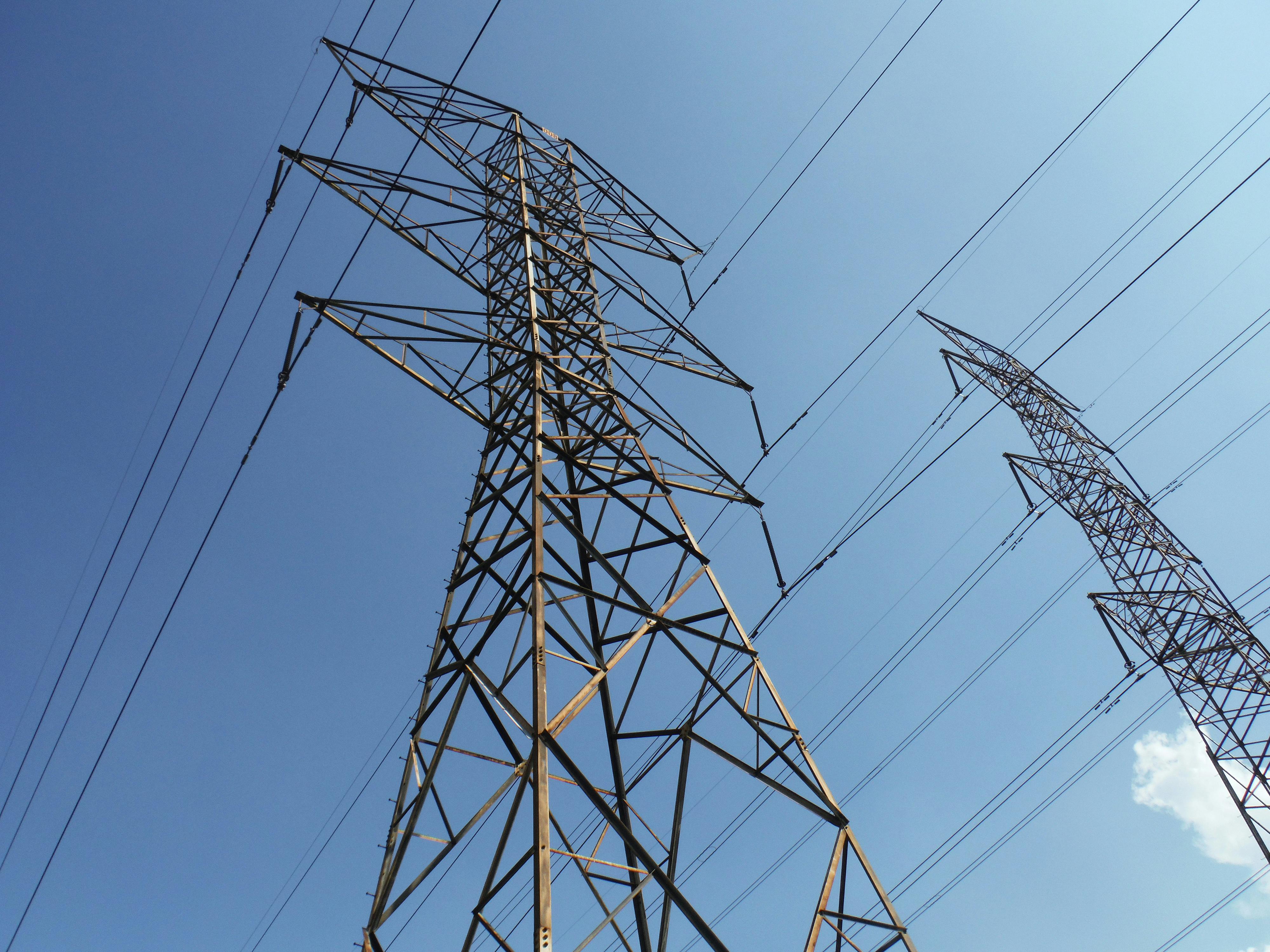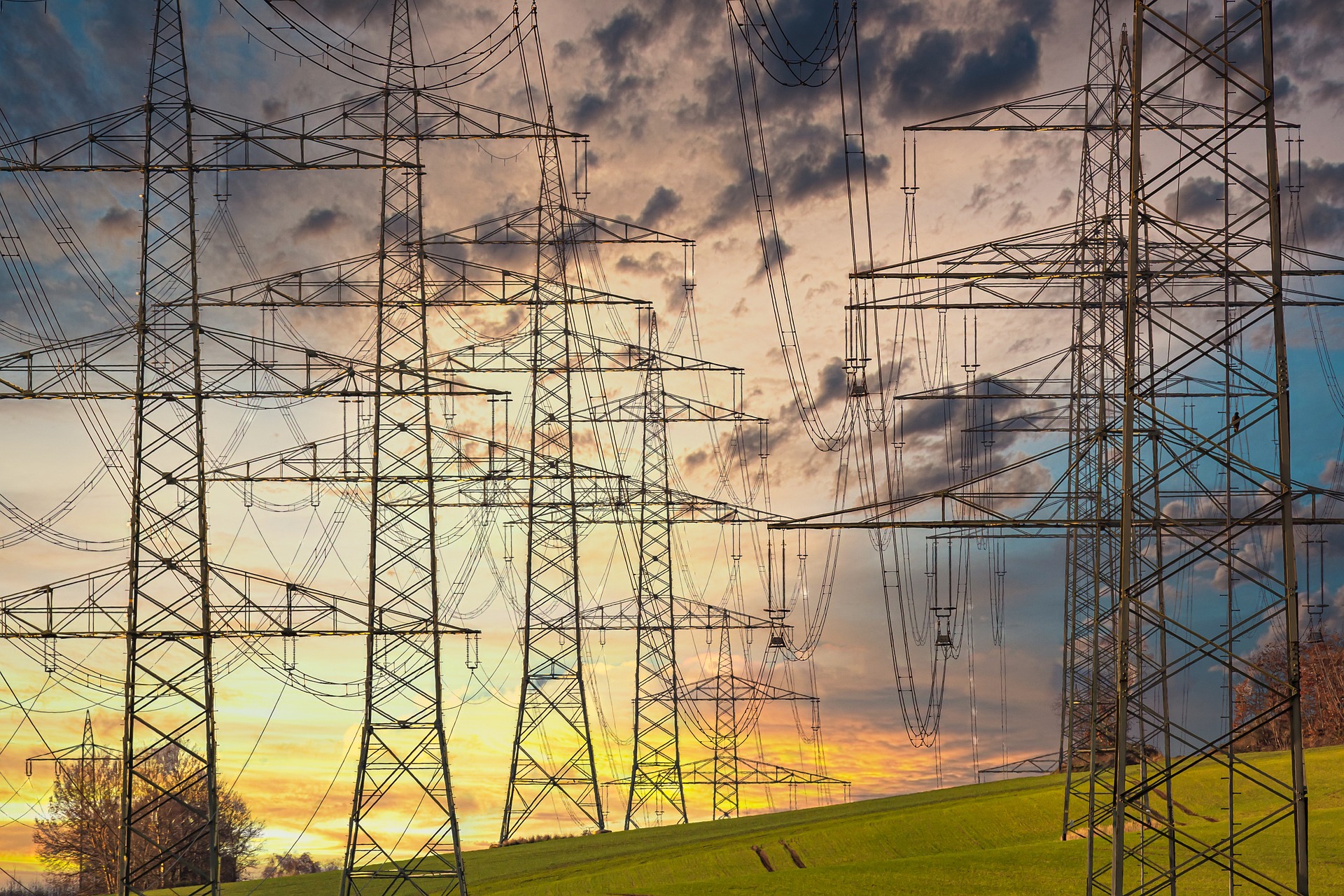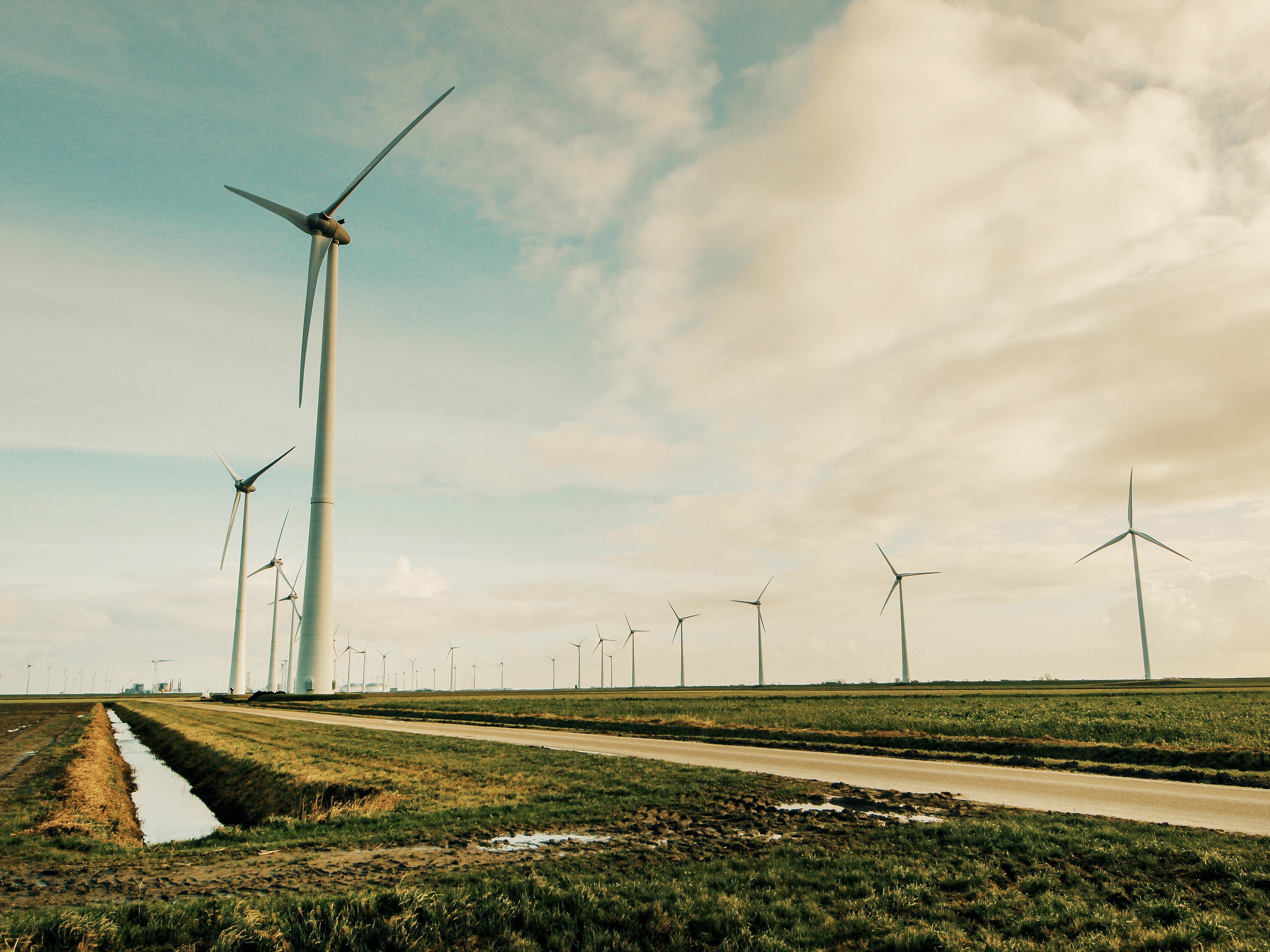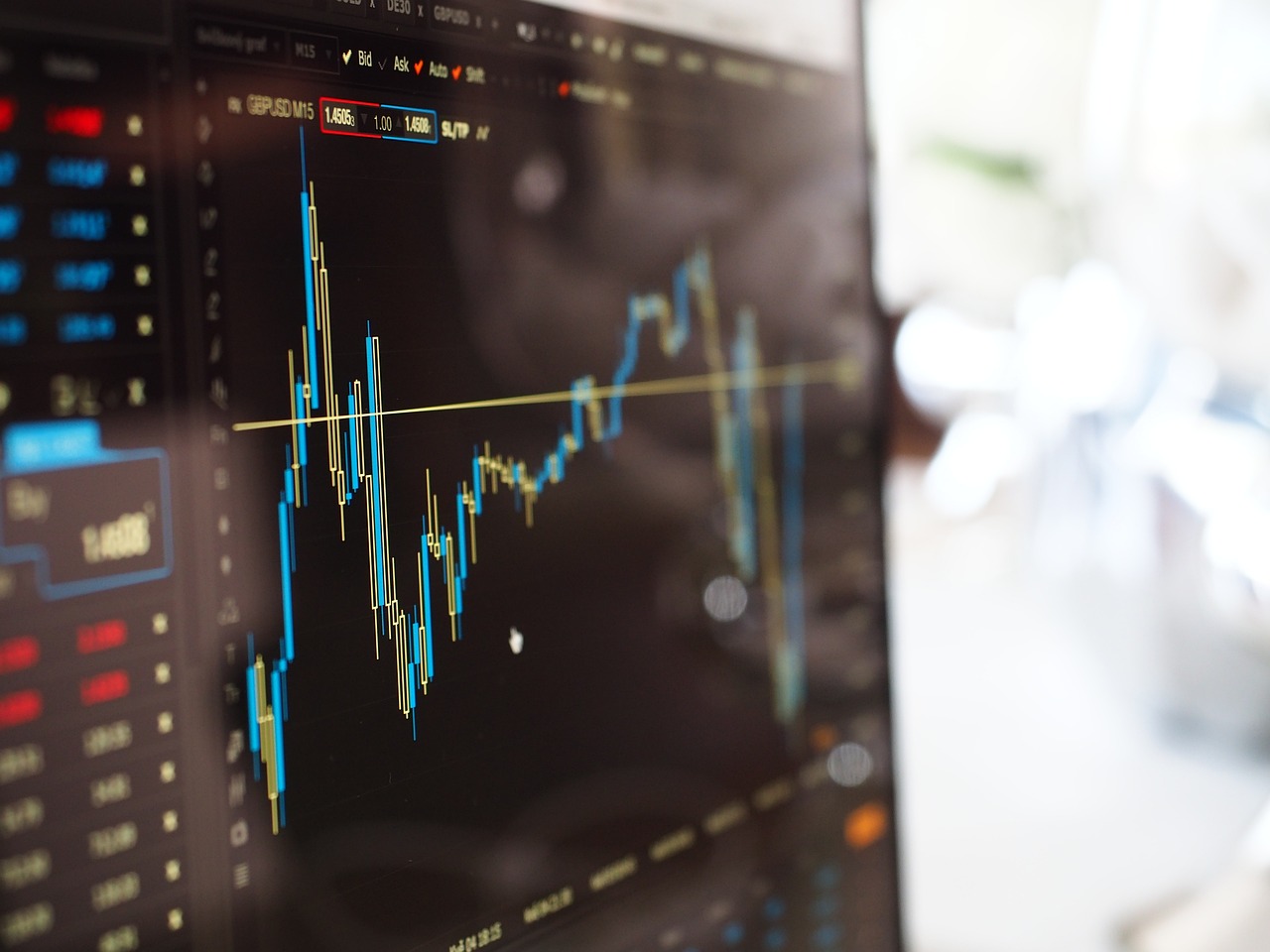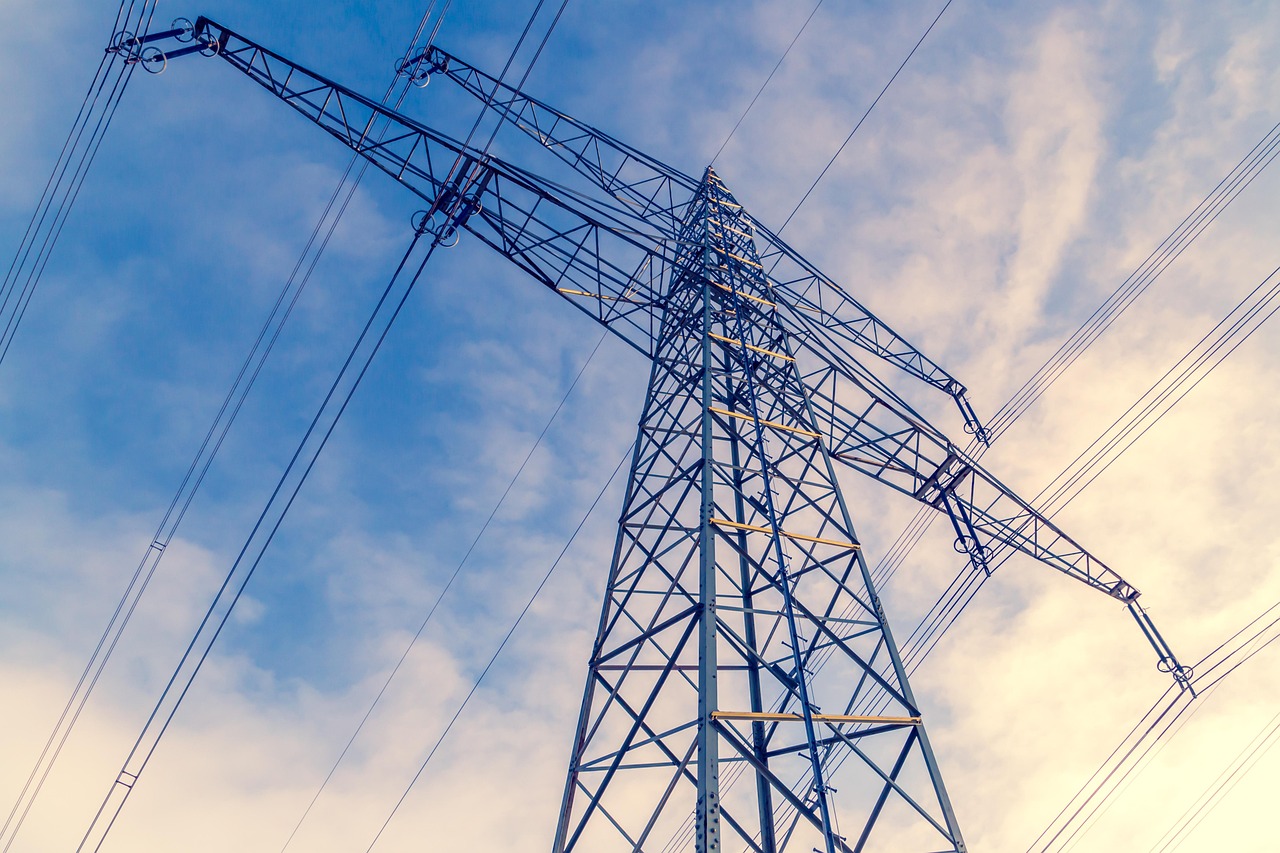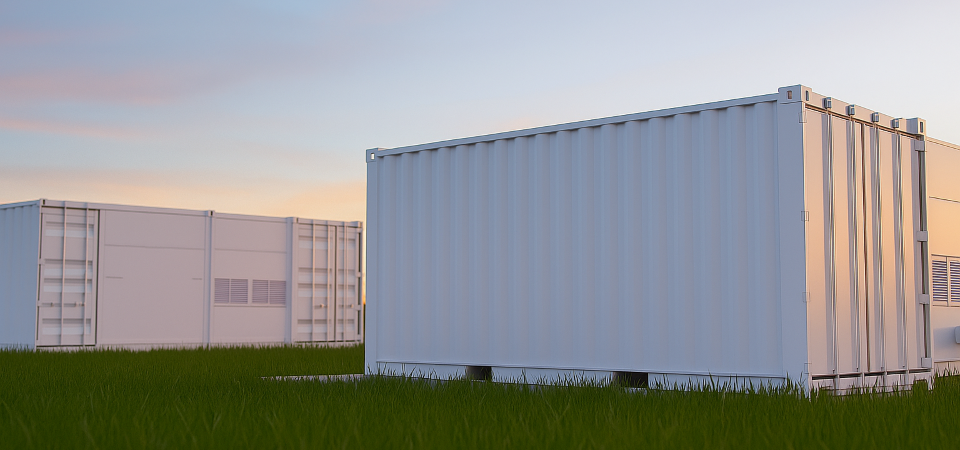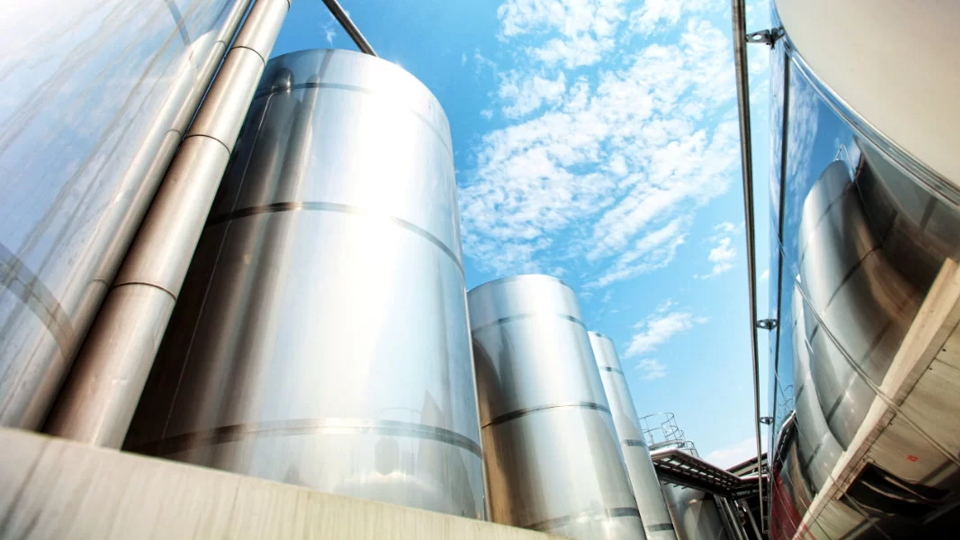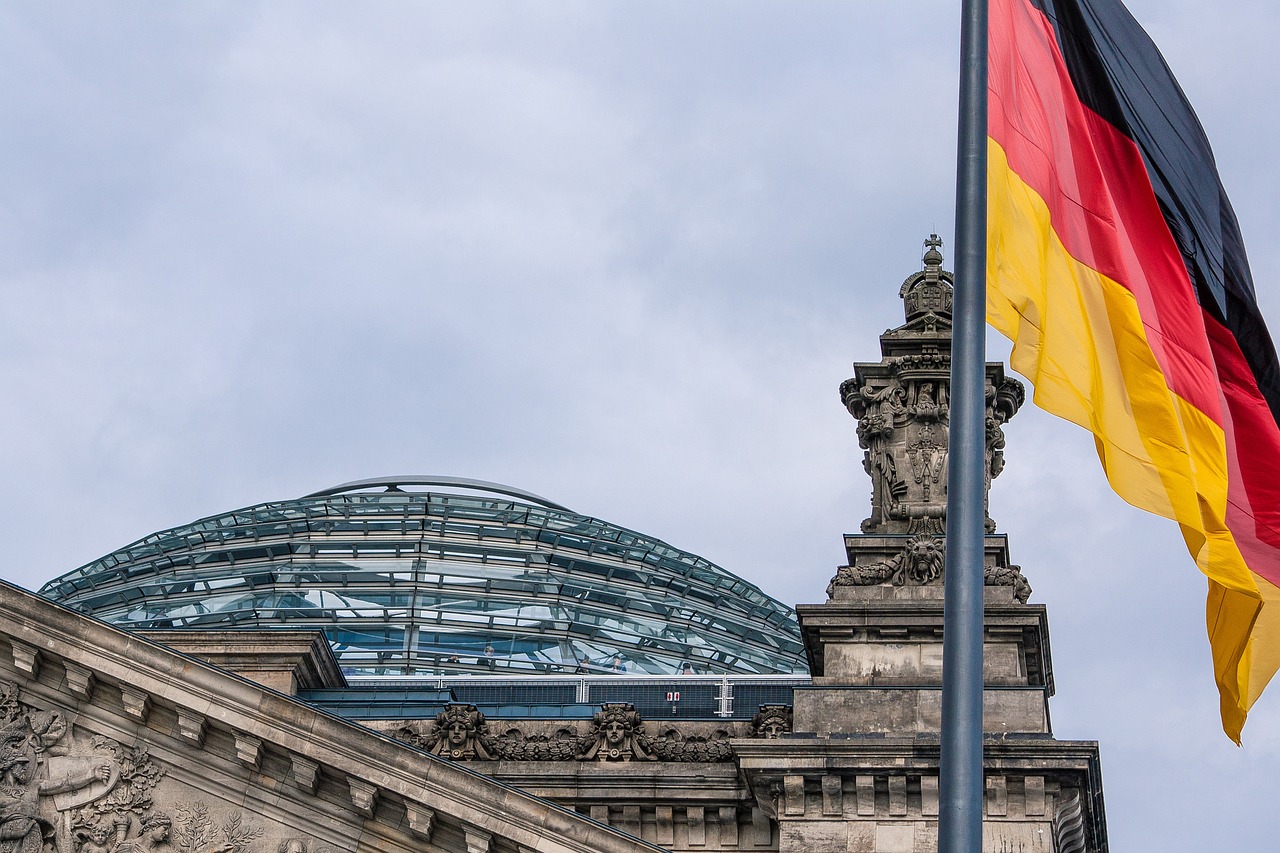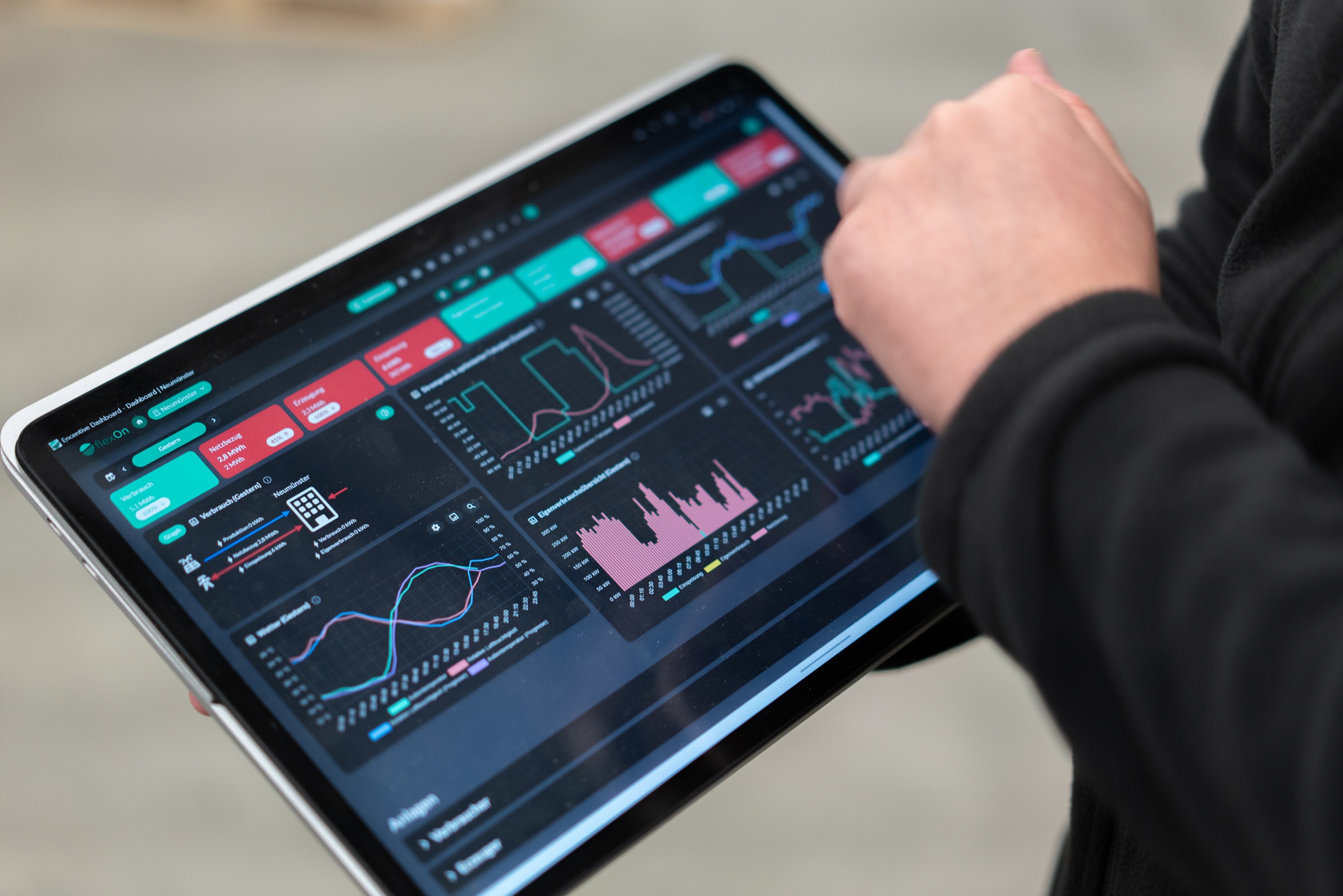Power grid in Oranienburg overloaded: A proposed solution
Last week, various media reported on the electricity shortage in Oranienburg, the causes and the reaction of energy suppliers. Since such cases could occur more frequently in the future, we will look at possible solutions in the following article.
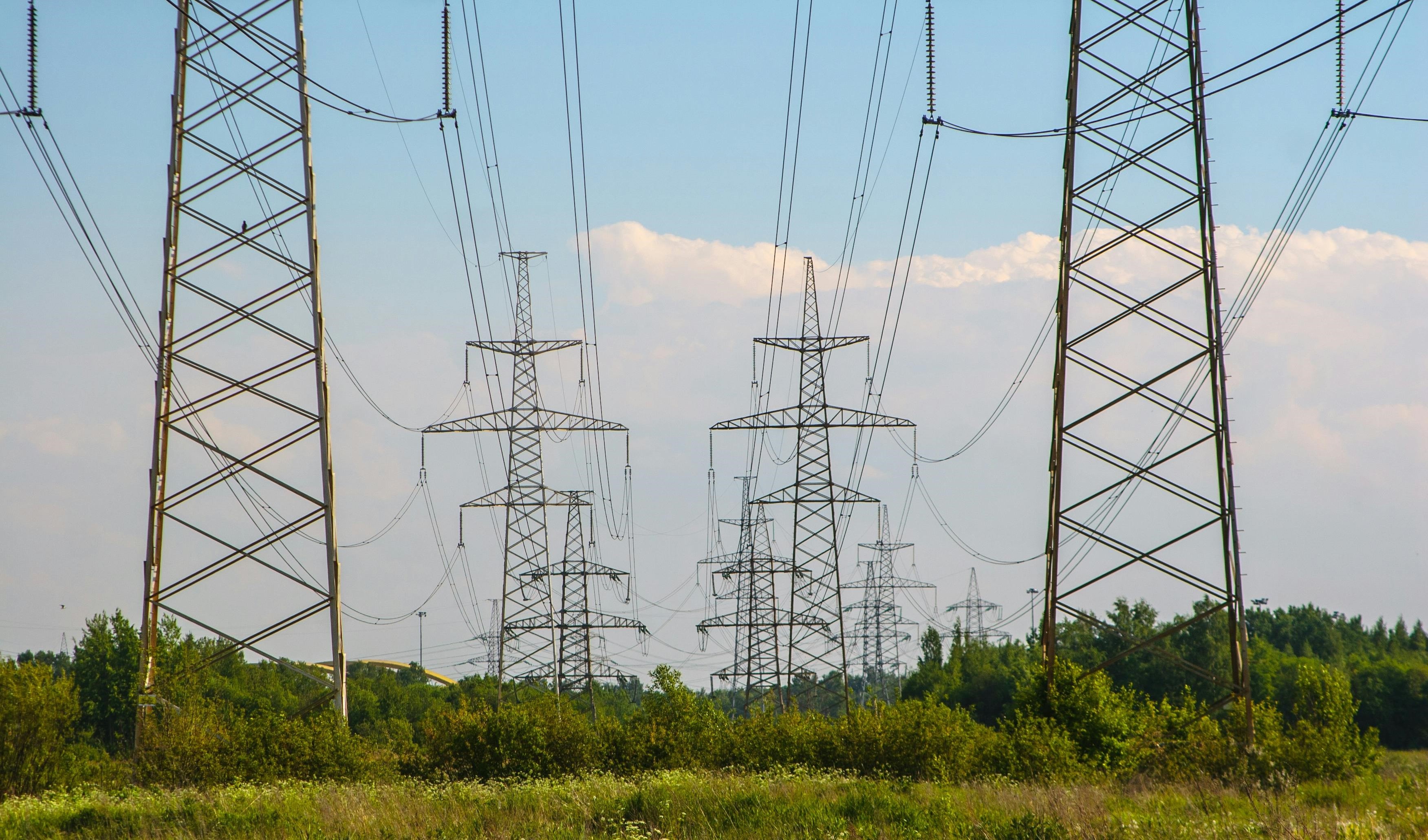
Electrification and individual circumstances as a cause
Electrification in Brandenburg is in full swing: heat pumps and wallboxes are being installed and charging infrastructure for e-cars is being created. According to the German Federal Grid Agency, industry is also facing an ever-increading demand for electricity as a result of ongoing electrification. The power grid in Oranienburg is struggling with this development and is overloaded. Therefore, the connection of further energy-intensive consumers has been stopped (Handelsblatt, 2024). Even though there are sometimes individual circumstances, the fundamental problem is not unique to Oranienburg. What can we do to deal with this side effect of the energy transition?
Consumers pay for grid expansion
Expanding grid capacities is one solution, but it involves immense costs. The extent of grid expansion is defined in terms of possible simultaneity by the maximum assumed load in the grid, which may only occur in specific, short-term time windows. The costs incurred are in turn passed on to users in the form of ever higher grid charges.
Smart grid as a proposed solution
We imagine the smart grid of the future, for which there is currently no regulation in Germany, differently. We support the idea of dynamic grid charges. With the right incentives, grid utilization by participants (producers, consumers, prosumers) can be better coordinated in real time and potential peaks in the grid can be smoothed out efficiently. Dynamic peak load time windows can also achieve this effect. They could be notified in advance to participants, who adjust their power consumption accordingly and together relieve the grid. Especially in refrigeration and heating technology, this is possible due to a intelligent, predictive control. At the same time, additional storage and redundancies can be used to bridge these time windows.
Implement dynamic grid charges and dynamic peak load time windows
What are the specific steps a company needs to take to prepare for this?
- Consolidate all relevant data: Historical and real-time data on internal consumption and processes, as well as external data such as signals from the smart grid, are collected in a database at 15-minute intervals.
- Use smart energy management: Based on the data, AI can make forecasts about consumption and electricity production and create intelligent, individual schedules for your own consumption. At the same time, it automatically controls the systems according to the schedules and constantly learns from the new data.
Grid overloads such as those in Oranienburg could be avoided with a data-based smart grid. In addition, consumers could reduce their energy costs and increase energy efficiency. This would allow dynamic grid fees and peak load time windows to be implemented, which would also incentivise consumers to use electricity in a way that is beneficial to the grid and cost-efficient.
Even if this is not yet a reality, companies can already take advantage of the benefits of smart energy management today! Feel free to contact us to find out more.




